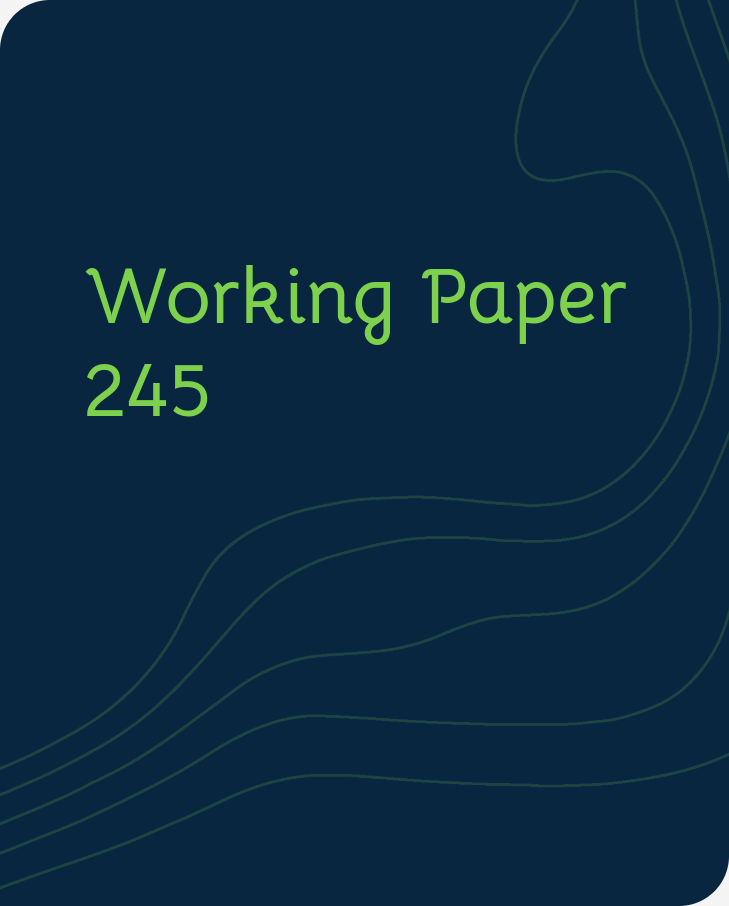Publication
Transition Report
Reform progress and transition indicators
Who we are
Overview: about the EBRDWho we are
Overview: about the EBRD
Learn about the EBRD's journey to investing more than €210 billion in over 7,400 projects.
What we do
Overview: how the EBRD operatesWhat we do
Overview: how the EBRD operates
Through projects, business services and involvement in high-level policy reform, we're doing more than ever before.
Work with us
Overview: how you can work with the EBRDWork with us
Overview: how you can work with the EBRD
We draw on three decades of regional knowledge and financial expertise to tailor our products and approaches to each client's needs.
June, 2020

By Cevat Giray Aksoy, Barry Eichengreen, Orkun Saka
What will be political legacy of the Coronavirus pandemic? We find that epidemic exposure in what psychologists refer to as an individual’s “impressionable years” (ages 18 to 25) has a persistent negative effect on confidence in political institutions and leaders. We find similar negative effects on confidence in public health systems, suggesting that the loss of confidence in political leadership and institutions is associated with healthcare-related policies and their limitations at the time of the epidemic. In line with this argument, our results are mostly driven by individuals who experienced epidemics under weak governments with less capacity to act against the epidemic, disappointing their citizens. We provide evidence supportive of this mechanism by showing that weak governments took longer to introduce policy interventions in response to the COVID-19 outbreak. These results imply that the Coronavirus may leave behind a long-lasting political scar on the current young generation (“Generation Z”).
For media enquiries related to this working paper, please contact Ksenia Yakustidi, Media Adviser at the EBRD’s Office of the Chief Economist
YakustiK@ebrd.com
All Working Papers
The Working Paper series seeks to stimulate debate on transition in the EBRD regions.
